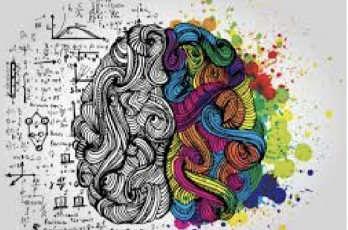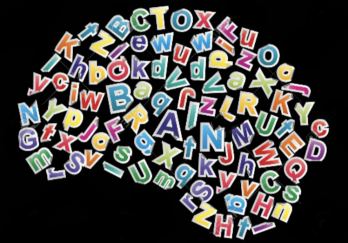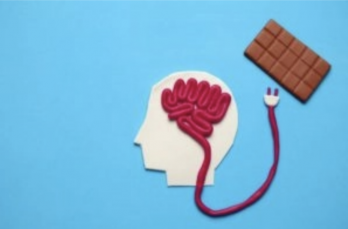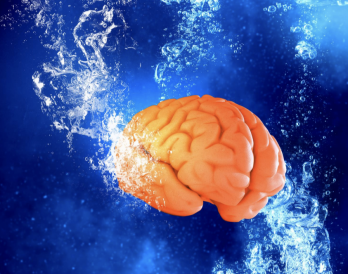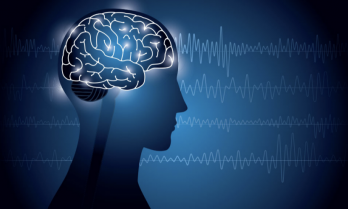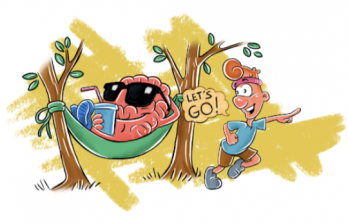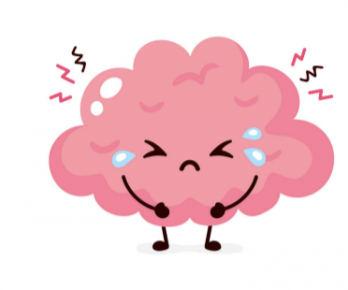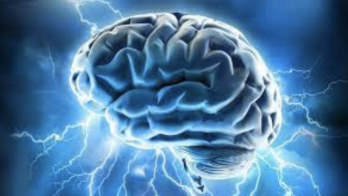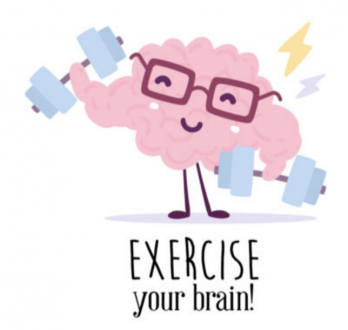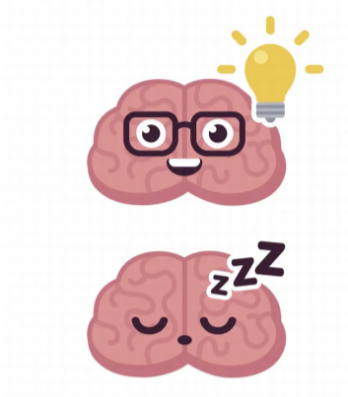Our world is full of colors and creative interpretations of life. Whether it’s perspective on artwork, mathematics, or even simple daily objects – our brain constantly uses its creative cognitive thinking, allowing us to view the different perspectives that are comprehensible to our brains. Let’s take a look at how this creativity in the brain develops.
Creativity isn’t a single process, with a simple mechanism. Creativity is something that changes per person. To put this into perspective, think about your version of an amazing looking cupcake. Strawberry frosting, rainbow sprinkles, and a cherry-on-top perhaps? Each person’s perspective on this cupcake would be different, because the factors that you are adding to make this cupcake look so good is none other than your very own creativity. Creativity can come from various factors, and is one of the most complicated human behaviors.
Contrary to popular belief, where various individuals believe that creativity only comes from one select part of the brain – the human brain actually does not have one single creative center. In fact, all parts that you are about to learn about all contribute to your creativity. Without one region, the rest cannot function to properly perform the creative process. Let’s start with the frontal cortex. The frontal cortex region of the brain is responsible for various processes of creative thinking, and is also known as the hub of creativity. Think about it like the base of your creative and wide-spread thinking!
Next comes the hippocampus. This region of the brain is best known for storing information and memory in a safe way, allowing you to recall most essential needs with a quicker method. According to frontiersin.org, “In the creative process, similar to remembering experiences by pulling together different parts of the experience, the hippocampus may be used in imagination to pull together ideas in ways that you have not thought of in the past.” Two other regions that contribute to your brain’s creativity include the basal ganglia, as well as the ‘white matter’. The more the well-connected and proper functioning brain, the better and more creativity you get during your day to day life!
So next time you ever need or feel your creative juices flowing throughout your brain, just remember the hard work that your brain does to keep these creative functions healthy.
Author: Vinuta Ramakrishnan
